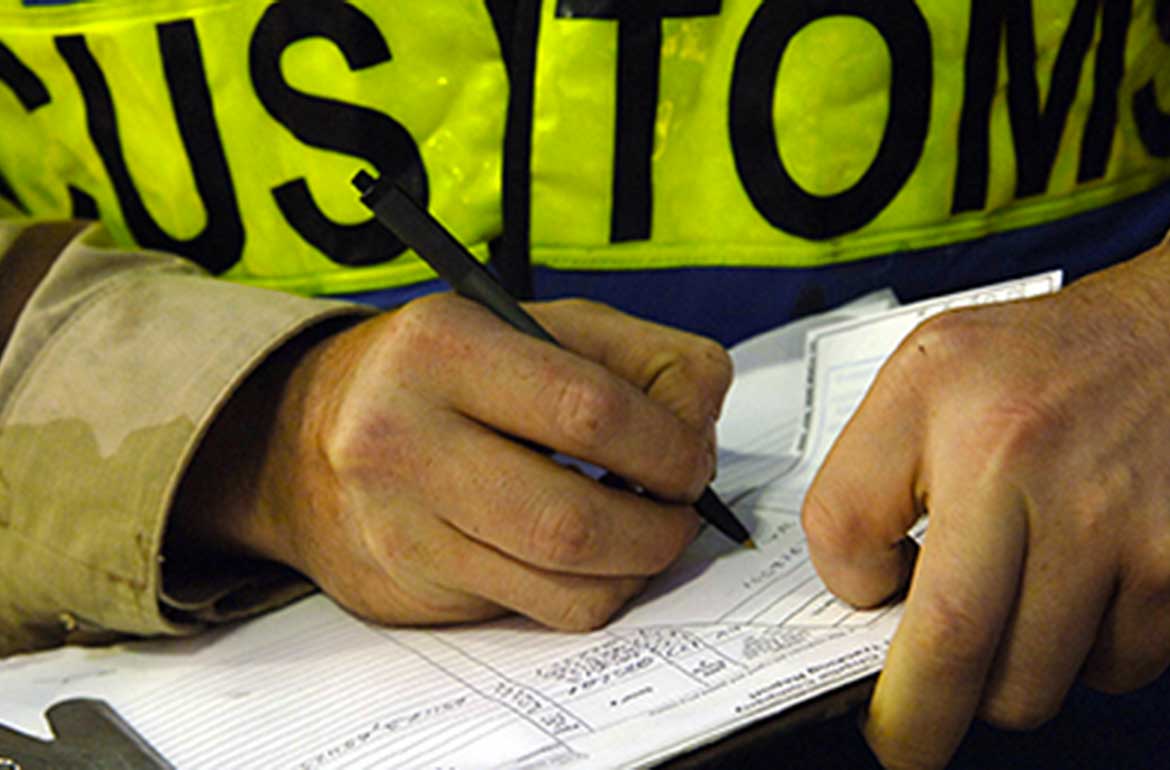Production relocated, competitive prices, lower cost for workforce, more cash. These are just some of the factors that have intensified commercial traffic between countries around the world.
Many companies have benefited from a production question: buying or producing certain goods in other countries is often cheaper for the cash flow of the company, and this obviously ensure to resell their products at competitive prices with a decent margin. Many other companies, on the other hand, have found a sudden influx of cash in the ability to export their goods overseas because in other countries there is a higher liquidity, so rich and continuous sales.
This solution surely creates a gain but also costs. These costs may be permanent or variable and they will include customs clearance and payment of customs duties.
Each country has its own legislation, clearly more or less restrictive. The Italian, part of the European Union, is very open about goods that have to move in the Union, and more restrictive about the rest of the world.
The first problem that is the advance payment of taxes and VAT. This is necessary for the entry of non-EU goods and represents a cash outflow for the company, prior to any sale of the products.
The other are customs clearance times that depend on the type of goods and the country of arrival. Clearly more is the wait for the clearance and more are the customs warehousing costs.
Fortunately there is a type of deposit that can reduce waiting times and especially the storage costs: the private customs warehouse.
The private customs warehousing postpones the payment of duties, taxes and VAT in post-sales, unlike the classical procedure. This step is very convenient for companies that can plan selling the products, managing sales scraps, expired goods, and so on.
There are three types of deposit depending on the origin, type and taxes of the goods stored.
The first and most probably the most well-known is the customs warehouse which can accept non-Community and Community goods accompanied by the necessary documentation.
The second is the tax warehouse where italian and/or EU goods are manufactured or moved in suspension by excise duty.
The third is the VAT deposit, very useful for the storage of suspended products from value added tax.
The type of deposit is determined by several factors, for example the liability of the subjects or the structure of the deposit which may always be subject to controls by the Customs Authority./p>

